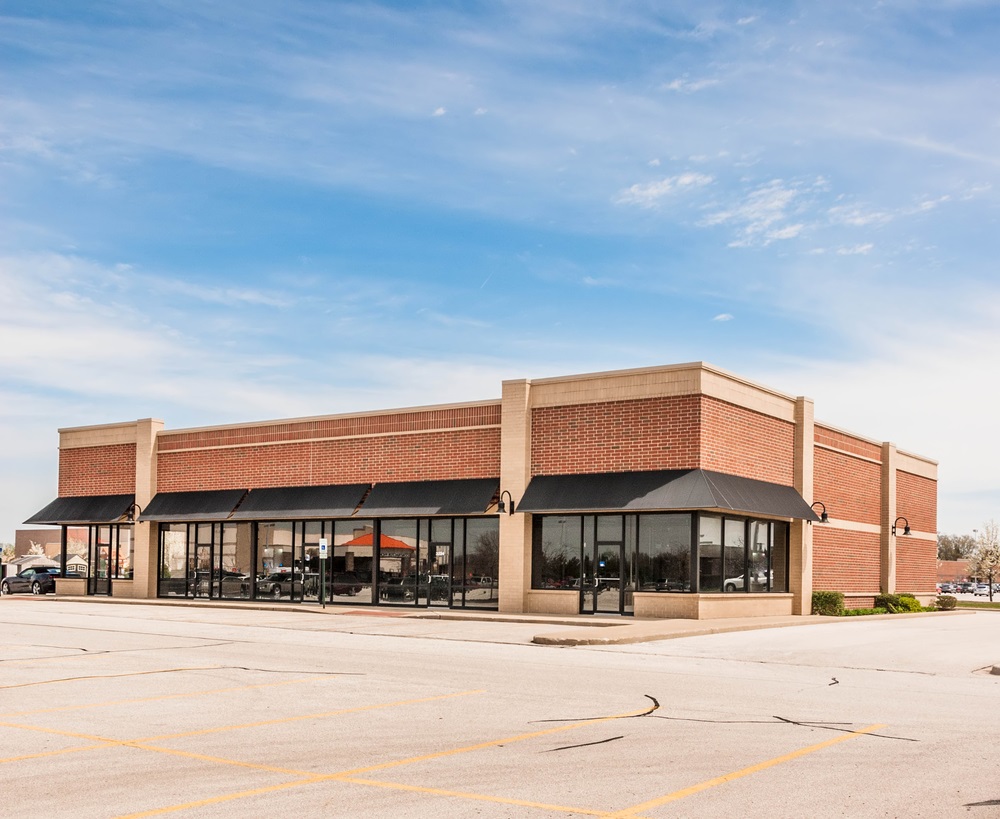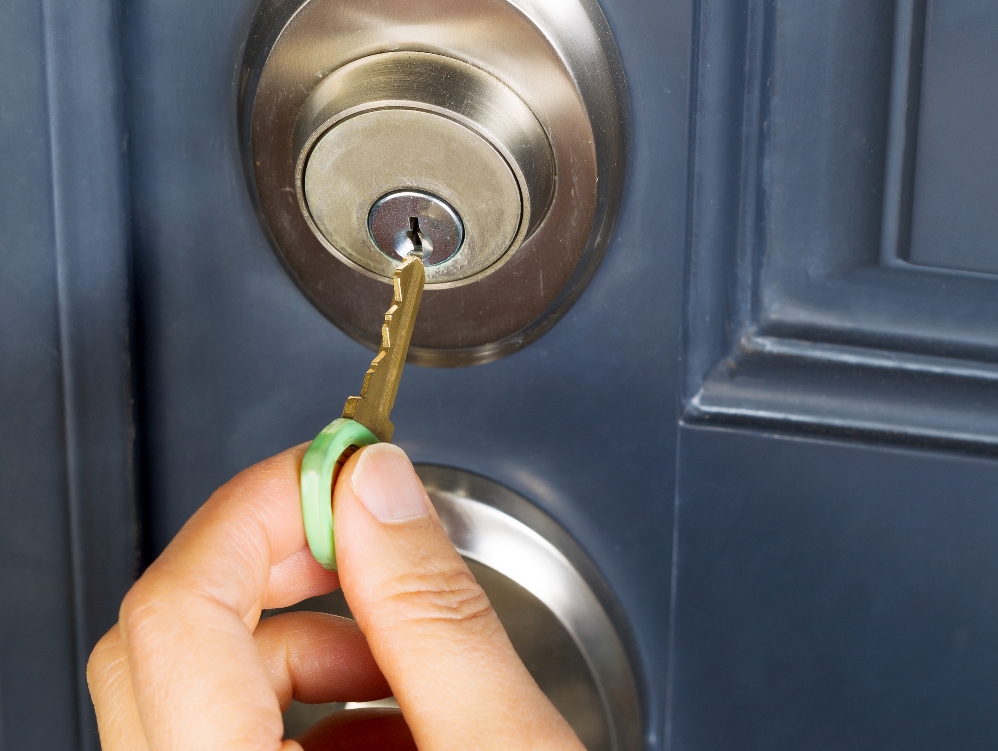Can My Commercial Landlord Lock Me out During the COVID-19 Pandemic?

With the COVID-19 crisis upon us and New Jersey businesses shuttered, many commercial tenants suddenly find themselves deprived of the ability to pay their rent. By order of Governor Murphy, there is a moratorium on residential evictions and foreclosures in New Jersey. Commercial tenants, however, are not subject to the moratorium. The question that immediately comes to mind for those business owners with a lease is whether their landlord can simply lock them out of the premises without notice if they fail to pay the rent due to the COVID-19 pandemic?
So, can my landlord lock me out of the premises without notice if I fail to pay rent during the COVID-19 crisis?
As usual, the answer is -- it depends.
Under normal circumstances, most commercial landlords faced with a non-paying tenant simply file a summary dispossess action, quickly obtain a judgment for possession and avoid the risks inherent in taking the law into their own hands. The summary dispossess procedure is a streamlined process that obviates the need in most instances for a landlord to take the risk of acting on its own in evicting a non-paying tenant.
The current circumstances are not, however, normal. By order of the New Jersey Supreme Court, because of the COVID-19 pandemic, civil trials are suspended until further notice and landlord/tenant calendars are suspended through April 26th. This doesn’t mean that your landlord can’t file an eviction action, it simply means that their matter will not be heard as promptly as they would have prior to the COVID-19 crisis. As of this writing, there are many unknowns as to how the crisis will develop and what its impact on the courts may be. This may prompt some landlords, strapped for cash, to try and evict a tenant without the aid of the court.
What do I do if I am concerned about my landlord locking me out?
The first place any tenant who is concerned about being locked out by their landlord should look, of course, is their lease. Tenants should review the section in their lease setting forth the landlord’s remedies in the event of a tenant’s default. Any well written commercial lease will include provisions detailing the landlord’s remedies in the event the tenant fails to pay rent. Typical remedies include the right to evict the tenant. Most leases include language that the landlord may regain possession of the premises by way of a summary dispossess action, which entails the filing of a complaint, notice to the tenant, and ultimately a trial at which the tenant may present a defense. It is not unusual, however, for a lease to also contain language allowing a landlord to seize the premises by force or any other means permitted by law in the event of a tenant default.
A critical factor in determining whether a landlord has the right to padlock a tenant’s business for failure to pay rent is whether the lease gives the landlord that right and whether the tenant waived its right to adequate notice of landlord’s intent to do so. A tenant’s leasehold interest is a property right protected by the Constitution of the United States and cannot be taken from the tenant without due process of law. New Jersey’s Supreme Court has made clear that any action involving a Constable, Sheriff or other state actor designed to deprive a tenant of its leasehold interest, must comport with our notions of due process – i.e., adequate notice and an opportunity to be heard. Absent any provision in the lease to the contrary, landlords who wish to evict a tenant for non-payment must proceed through the courts to protect the tenant’s Constitutional right to due process.
Our Supreme Court has also warned commercial landlords not to rely on any assumed differences in lockouts performed with or without the aid of a Constable or Sheriff. In other words, a landlord takes a risk proceeding with a lockout without the aid of the courts. Landlords who do so expose themselves to possible claims of wrongful distraint, conversion, wrongful eviction, abuse of process, intentional interference with tenant’s business, and malicious prosecution -- to name a few of the types of claims tenants are known to bring against landlords who have decided to act alone in seizing a tenant’s property.
Nonetheless, New Jersey courts have also held that commercial parties in New Jersey are free to contract any way they please provided their agreement is not illegal or against public policy. Under New Jersey law, nothing prohibits a commercial landlord, acting on its own, to reenter its own property following a tenant’s breach, in accordance with the agreed-upon provisions of a mutually negotiated and private lease agreement. Thus, if a commercial lease grants the landlord the right to self-help and the terms of the lease clearly and unequivocally waive the tenant’s right to notice or due process, our courts will enforce that agreement and not hold the landlord liable for locking out a non-paying tenant from the premises, so long as the lockout is done peaceably.
In these uncertain times, it behooves parties to a commercial lease to review their leases and refresh their understanding as to their contractual rights and obligations when a default occurs. This review will not only aid the parties in better understanding the terms of their lease but will assist them in determining how best to move forward under less than optimal conditions.
If you have any questions about this post or any other related matters, please feel free to email me at tpmckeown@norris-law.com. For other topics related to COVID-19, visit our Coronavirus Thought Leadership Connection.
The information contained in this post may not reflect the most current developments, as the subject matter is extremely fluid and constantly changing. Please continue to monitor this site for ongoing developments. Readers are also cautioned against taking any action based on information contained herein without first seeking advice from professional legal counsel.




